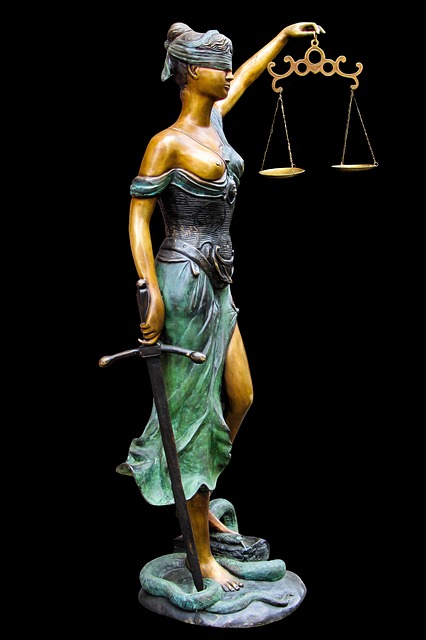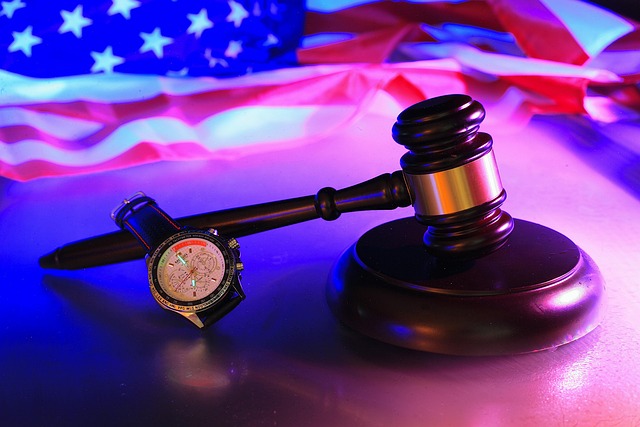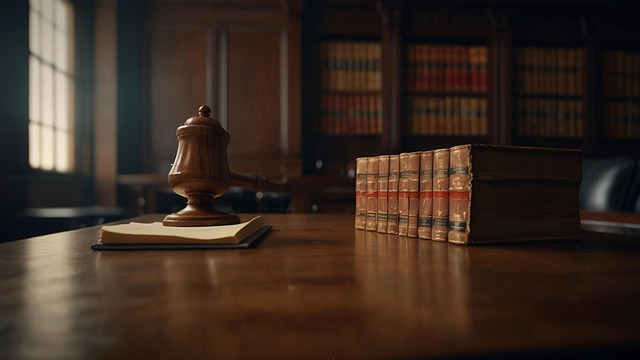Consumer protection laws protect individuals from unfair business practices, with legal action possible through suits focusing on areas like product safety and debt collection methods. The Process of Empaneling a Criminal Jury is crucial in these cases, involving the selection of an impartial group to review evidence and decide on defendant guilt or innocence, especially in fraud cases. This process, through careful juror selection, ensures justice, impacts corporate behavior by avoiding costly trials and brand damage, and significantly affects both consumers and businesses with potential financial consequences for misconduct.
Consumer protection suits are a vital mechanism ensuring businesses uphold ethical standards and safeguard consumer rights. This article delves into the intricacies of these legal battles, focusing on key aspects like understanding consumer protection laws and suits, and the unique role juries play in these cases. We explore the process of empaneling a criminal jury in consumer protection lawsuits, highlighting its importance in holding wrongdoers accountable and protecting the public.
- Understanding Consumer Protection Laws and Suits
- The Role of a Jury in Consumer Protection Cases
- Process of Empaneling a Criminal Jury in Consumer Protection Lawsuits
Understanding Consumer Protection Laws and Suits

Consumer protection laws are designed to safeguard individuals from unfair business practices and ensure their rights as consumers. These laws cover a wide range of issues, including product safety, advertising claims, pricing transparency, and debt collection methods. When violations occur, affected consumers have the right to take legal action, often through consumer protection suits.
The process of empaneling a criminal jury is a crucial aspect of these suits, especially when corporate or individual defendants are accused of fraud or other serious offenses. This involves selecting a group of individuals from the community who will objectively review the evidence and decide on the guilt or innocence of the defendant. Unlike civil cases, where damages may be awarded to compensate victims, criminal trials focus on holding offenders accountable and ensuring public safety by avoiding indictment. Across the country, these suits have led to significant changes in corporate behavior, as companies strive to maintain reputations and avoid facing a jury trial, which can result in substantial fines and damage to their brand image.
The Role of a Jury in Consumer Protection Cases

In consumer protection suits, the role of a jury is pivotal. When high-stakes cases reach the courtroom, a carefully selected jury plays a crucial part in ensuring justice. The process of empaneling a criminal jury involves sifting through potential jurors to find individuals who can make impartial decisions based on the evidence presented. This meticulous selection is essential to safeguard against biases that could lead to a complete dismissal of all charges or an unfair verdict.
In these trials, juries are tasked with understanding complex legal issues and deciding on appropriate remedies. Their verdicts can significantly impact both the consumer and the business involved. For businesses, a jury trial means facing public scrutiny and potential financial repercussions for wrongdoings. This dynamic ensures that corporations remain accountable for their actions, deterring future misconduct in high-stakes cases that often shape industry standards.
Process of Empaneling a Criminal Jury in Consumer Protection Lawsuits

In Consumer Protection Lawsuits, the process of empaneling a criminal jury plays a pivotal role in ensuring justice is served. This involves selecting a fair and impartial group of individuals to deliberate on the evidence presented during the trial. The jury selection process begins with summoning potential jurors from a pool, often achieved through public notice or random sampling from voter registries. Each party involved—be it corporate or individual clients—has the right to participate in this stage by challenging potential jurors through peremptory or cause challenges, aiming to exclude those they believe may not be objective.
Once the final jury panel is seated, the court guides them through all stages of the investigative and enforcement process. The judge explains the law, defines relevant terms, and ensures the jurors comprehend their duties. This meticulous empaneling procedure is crucial as it forms the foundation for a just verdict. Ultimately, the decision reached by this carefully chosen jury can lead to a complete dismissal of all charges, underscoring the significance of a thorough and unbiased jury selection in consumer protection cases.
Consumer protection suits play a vital role in ensuring businesses uphold ethical standards and protect their customers’ rights. Understanding the legal framework, including the crucial process of empaneling a criminal jury, is essential for both consumers and businesses alike. By recognizing the power of juries in consumer protection cases, we can foster a more accountable marketplace, where justice prevails and consumers are empowered to seek redress for any harm caused by dishonest business practices.






